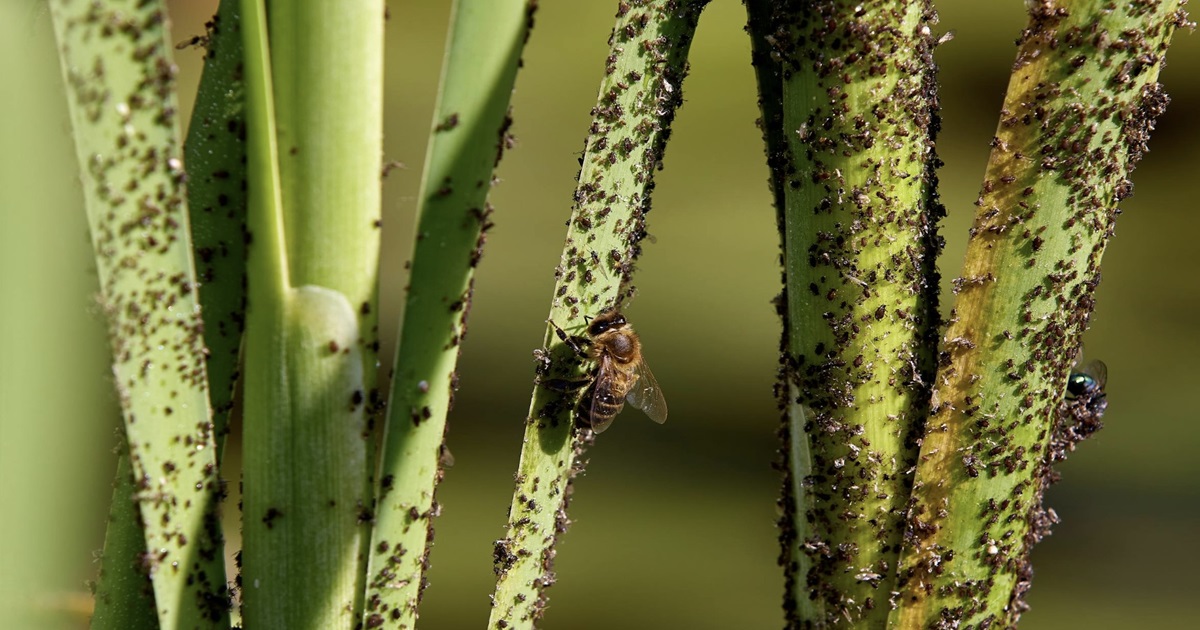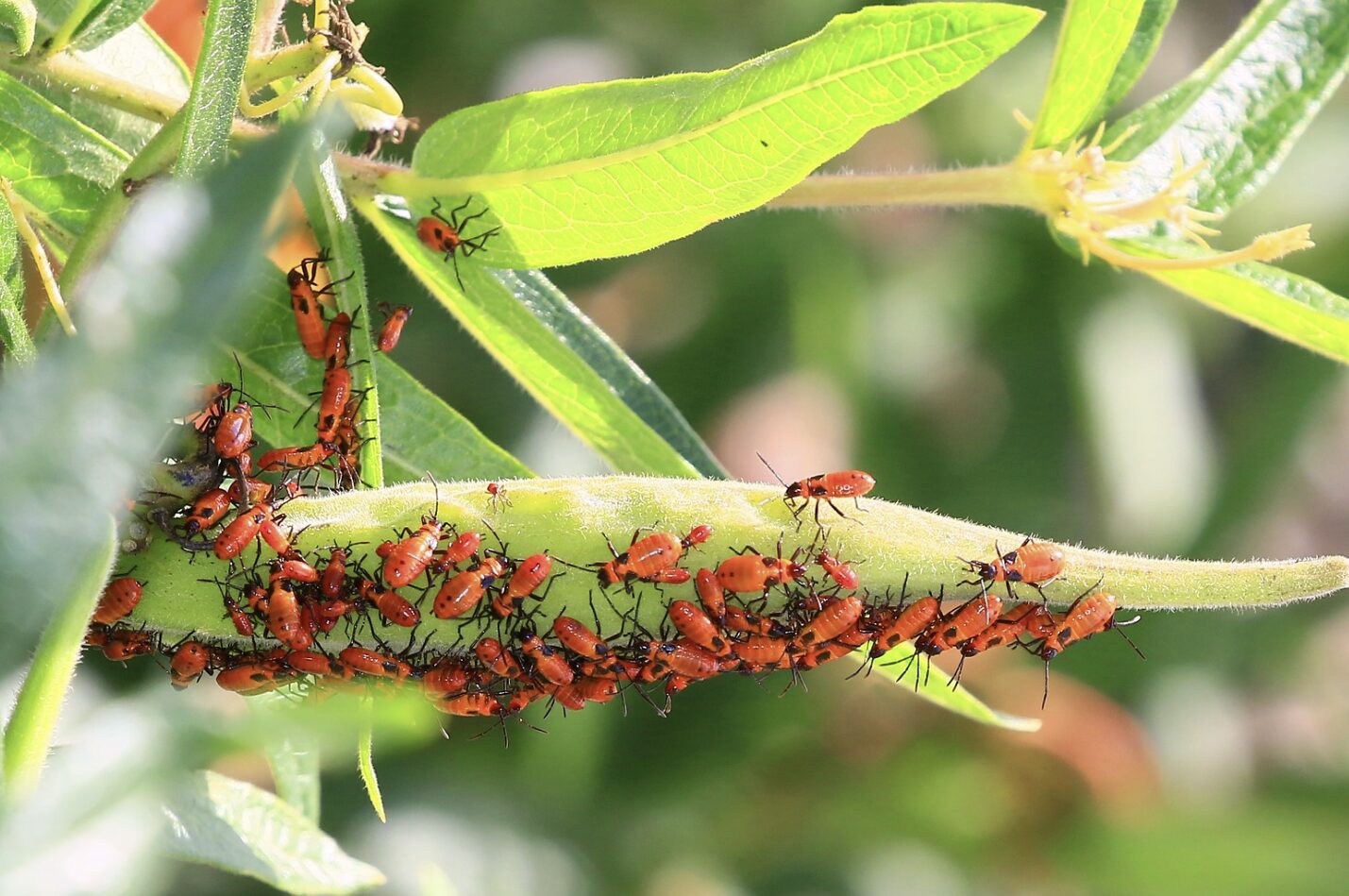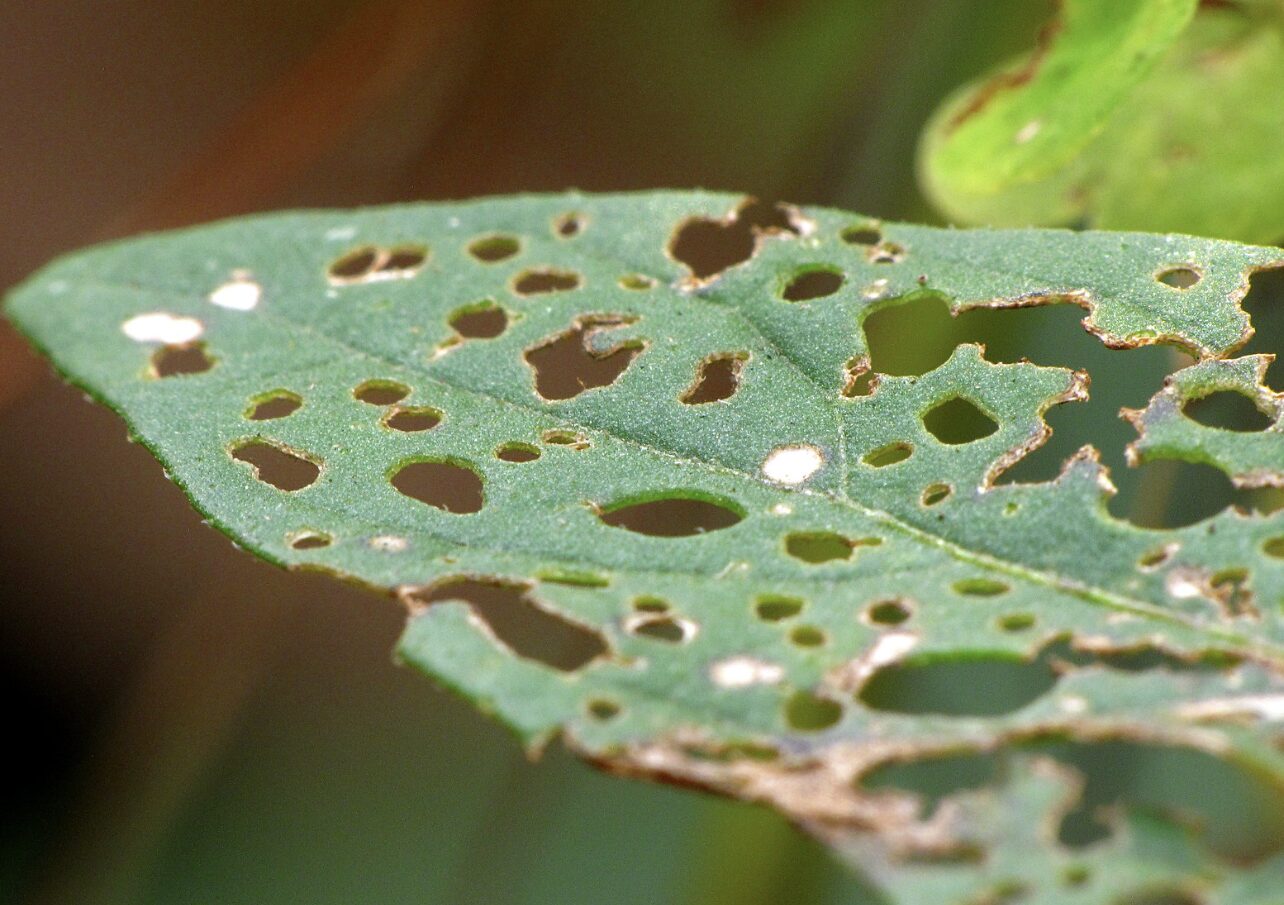Natural Methods to Eliminate Aphids and Scale Insects

source: Pexels
I have an undeniable soft spot for greenery; my indoor and outdoor plants are like an extension of my family. There’s nothing like walking into a home or backyard brimming with vibrant life—it just feels right. My friends often say that stepping into my space feels like entering a slice of Eden, where the worries of the world fall away amidst the rustle of leaves. But keeping my personal paradise flourishing isn’t just about watering and sunlight; it’s a labor of love, a constant battle against the unwelcome visitors that also find my green sanctum irresistible: aphids, scale insects, and the dreaded bedbugs.

Now, don’t get me wrong—gardening is my sanctuary, my piece of meditative bliss amid the chaos of daily life. But it comes with its own set of challenges, like any labor of love. Each plant is a unique character with needs as specific as any pet’s. A blanket solution? Not on my watch. I’ve learned through trial and error, adapting to the whispers of each leaf and bud, and in that process, I’ve found solace and solutions—especially for the aforementioned tiny trespassers.
Most people, when they spot these pests, they reach for chemical solutions. But here’s the rub: Those chemicals might do the trick in the short term, but they’re like guests who leave a mess behind. They disrupt the delicate balance of our ecosystems, hurt the beneficial insects, and could be harmful to our own health. With a little online research and the handy tips from Home Garden Tips, I started exploring natural ways to deal with pests that are gentle on the environment.

One of my first and favorite concoctions is what I like to call the “Garlic-Onion Shield.” It’s a fierce potion against aphids, bedbugs, and even the pesky powdery mildew. You’ll need:
- 1.5 liters of water
- 50g of garlic
- 25g of onions
Simply boil these gifts from nature for about 20 minutes, let the mixture cool, strain it, and then it’s ready for action in a spray bottle—no dilution necessary. It’s like arming your plants with an invisible shield, and trust me, the pests get the message loud and clear.
Now, onto the Marseille soap solution, a real game-changer against those soft-bodied invaders like plant lice and scale insects. For this, you need:
- Approximately 100g of Marseille soap
- 1 liter of water
Grate the soap like it’s cheese for your favorite pasta dish, dissolve those flakes in water, and store it in a closed bottle. When it’s time to use it, dilute as needed and spray generously. The pests hate it, but your plants will love you for it.

Then there’s the “Vinegar Vigilante.” A half-and-half mixture of vinegar and water has become my go-to for aphids and scales, and it doubles as an ant repellent. It’s simple:
- 1 liter of water
- 500ml of vinegar
Mix, dip a cotton pad in this tangy tonic, and give each leaf a gentle wipe. It’s like setting up a ‘No Trespassing’ sign on every leaf.
But the pièce de résistance in my pest-fighting arsenal has to be neem oil. When aphids see me coming with my neem oil spray, they know it’s game over. The recipe? Oh, it’s straightforward:
- 15ml of neem oil
- 1 liter of water
A good mix, transfer to a spray bottle, and show no mercy. Neem is the ninja of natural pest control, sneaking up on the pests and taking them down before they know what hit them.

In my many seasons of gardening, these methods have become my tried and true, my go-to tactics that have turned what could be a battle into a dance. But, like any good relationship, the key is consistency and attention. These solutions aren’t just one-hit wonders; they’re part of an ongoing conversation with your garden.
There’s also something deeply satisfying about DIY solutions. When I watch those once-infested leaves regain their luster, I feel like a plant whisperer, coaxing my green charges back to their full glory with nothing but a little kitchen chemistry and a lot of love.

Sure, they might take a bit more elbow grease than their chemical counterparts, but isn’t that the point? Gardening is an act of partnership with nature, a dance of give and take. By choosing these natural paths, I’m not just protecting my plants; I’m honoring the environment that nurtures us all.
When it comes to pests, we can stand our ground without compromising the health of our gardens. That’s what I think.